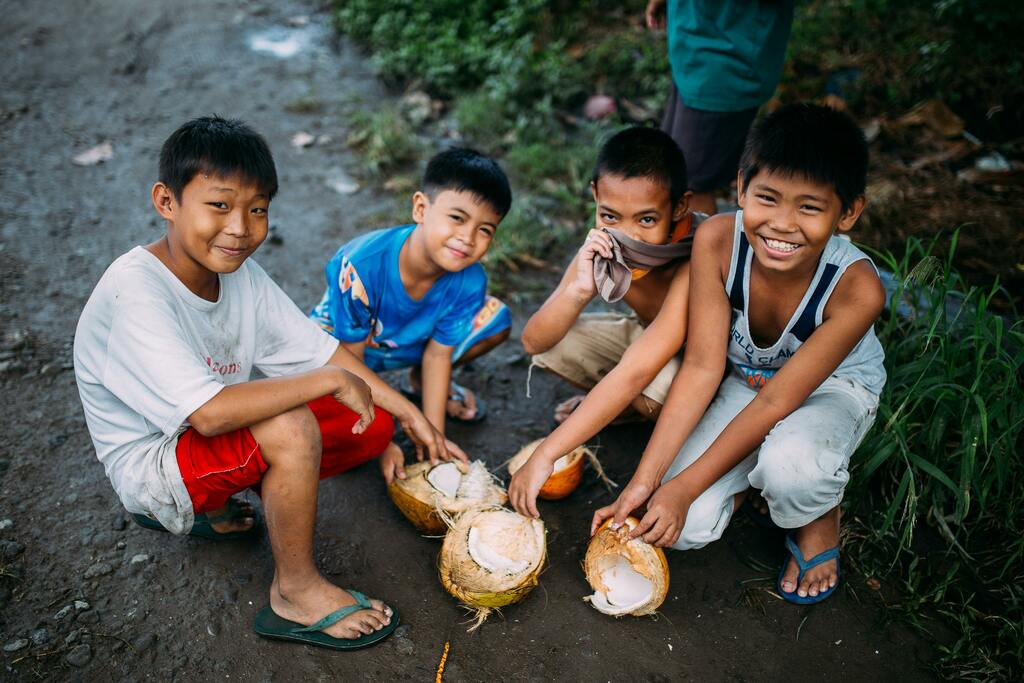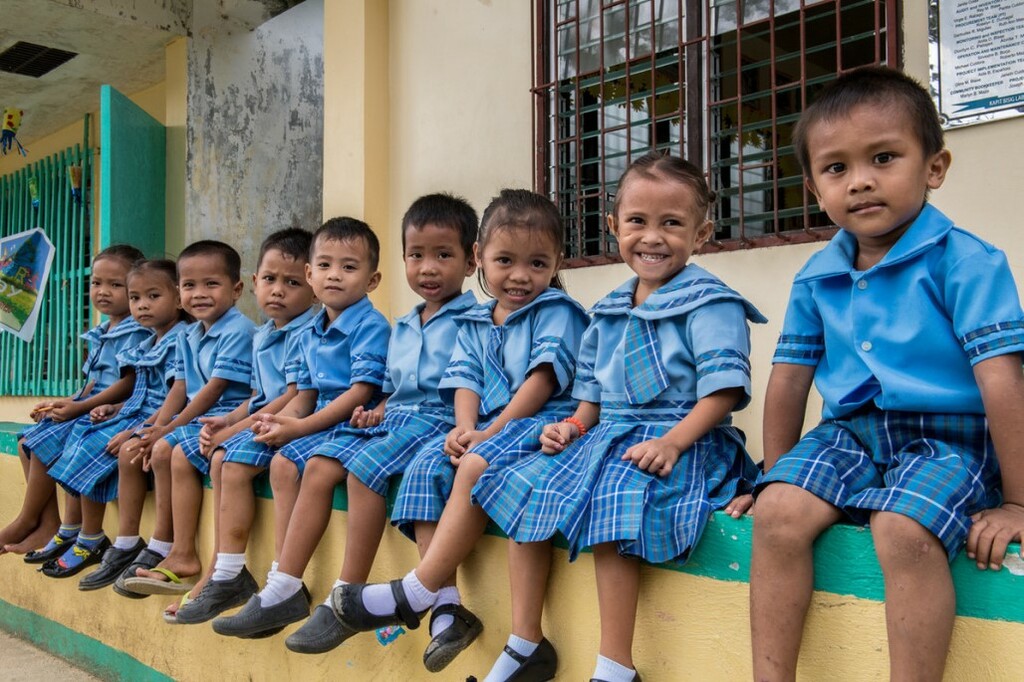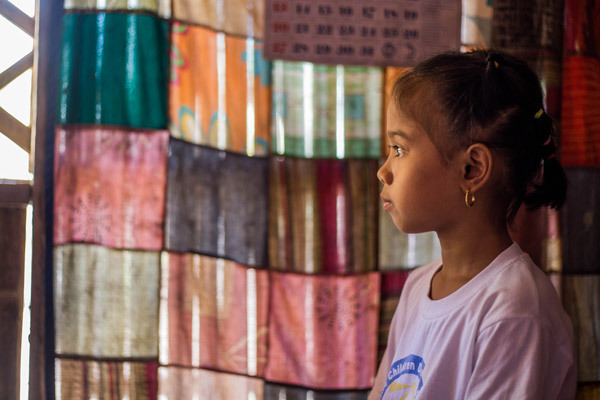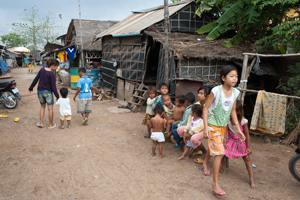ABOUT US
In the heart of ASEAN, our lives are deeply intertwined with rice – the very staple that nourishes our families and fuels our days. Yet, for countless women and children in our rural communities, the pervasive struggle of poverty casts a long shadow, threatening their ability to put this essential food on the table and build secure futures. This harsh reality, though often unseen, ignites our unwavering commitment.
Just as rice sustains our bodies, RICE aims to nurture the very foundation of these communities, forging pathways toward sustainable change. We firmly believe that by directly empowering women, who are often the pillars of their households, and by providing children with the essential tools for a brighter future, we can unlock the immense, untapped potential within these villages. Our efforts aim to cultivate self-sufficiency, significantly improve overall well-being, and instill lasting hope where it's needed most. We invite you to join us on this journey as we explore compelling stories of challenges overcome, witness lives transformed, and celebrate the enduring spirit of communities tirelessly striving for a better tomorrow across our ASEAN nations.

OUR ACHIEVEMENTS
Impacted more than 10 000 households
Raised more than USD500 000
children under 12 benefited from immunization programs
200 community partners and counting
OUR MISSION
Our mission is to empower rural communities across ASEAN by providing targeted initiatives that nourish communities and cultivate dreams. We focus on comprehensive programs in nutrition, healthcare, and education, ensuring every child has the foundation for a healthy, bright future. Simultaneously, we create flexible employment opportunities for full-time mothers, fostering economic independence and enhancing family well-being. Through these interconnected efforts, we aim to build resilient, self-sufficient villages where every individual can thrive.

Despite significant progress, poverty persists across ASEAN, profoundly impacting the quality of life and severely hindering social mobility for countless individuals and families. It's far more than just a lack of income; it's a multidimensional issue that manifests as an inability to access essential services like healthcare, quality education, clean water, and adequate nutrition. This pervasive deprivation traps communities, particularly in rural areas, where economic opportunities are scarce and dependence on low-wage agriculture is high. The constant struggle for survival means families often lack the freedom and resources to make long-term investments in their future, perpetuating a grim cycle of poverty across generations.
The impact on quality of life is stark. Malnutrition and chronic health issues are rampant in impoverished communities, disproportionately affecting children and impeding their physical and cognitive development, thus limiting their potential as adults. Inadequate access to education means many children from disadvantaged backgrounds are unable to acquire the skills necessary for better-paying jobs, further cementing their position at the bottom of the social ladder. Furthermore, vulnerable populations are highly susceptible to economic shocks and natural disasters, which can easily push them deeper into destitution. Gender inequality also plays a significant role, with women and girls often facing additional barriers and discrimination that exacerbate their poverty. As ASEAN's population ages, poverty among the elderly is also becoming a growing concern, especially for those without adequate social safety nets.
To effectively break this cycle and foster upward social mobility, a comprehensive and integrated approach is absolutely vital. First and foremost, inclusive economic growth must be prioritized. This means ensuring that the benefits of prosperity are widely distributed and reach all segments of society, not just a select few. Investing in rural development—improving infrastructure, creating non-agricultural jobs, and boosting human resources in these areas—is crucial to generate opportunities outside of burgeoning urban centers. Supporting small and medium enterprises (SMEs) can also create more employment-friendly growth and integrate more people into the broader economy. Secondly, strengthening social protection systems and safety nets is paramount. This involves expanding social assistance programs that provide direct financial aid, subsidized healthcare, and access to compulsory education for vulnerable households. Developing more comprehensive social security systems that cover workers in the informal sector and address the needs of an aging population will also provide crucial stability. Thirdly, investing heavily in human capital is non-negotiable. This means ensuring equitable access to quality education at all levels, from early childhood development to vocational training, to equip individuals with the skills demanded by modern economies. Prioritizing affordable and accessible healthcare and proper nutrition is equally critical to ensure a healthy and productive workforce. Lastly, good governance and aligned policy frameworks are fundamental. This includes effective fiscal policies that allocate sufficient resources to public services, institutional reforms that protect the rights of the poor, and continued regional cooperation within ASEAN to share best practices in poverty eradication and rural development. By focusing on these interconnected strategies, ASEAN can not only reduce poverty but also cultivate a more equitable environment where everyone has a genuine opportunity to improve their lives and move up the social ladder.
Find out more about RICE's initiatives.


